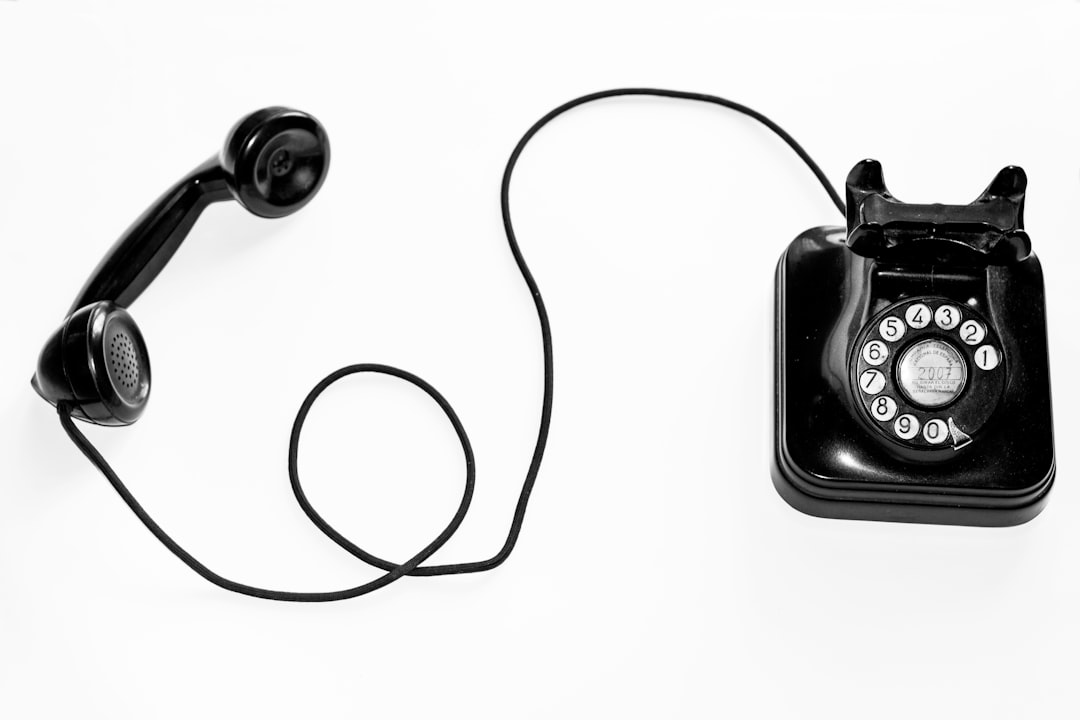Louisiana's strict robocall laws impact charitable organizations' communication strategies, aiming to protect residents from aggressive marketing. Nonprofits face challenges with automated calls disrupting fundraising efforts, but responsible practices enable them to maintain public trust while navigating regulations. Local law firms offer guidance on call screening, record-keeping, and leveraging legal protections like the TCPA to combat abusive robocalls. Specialized robocall law firm Louisiana assistance is emphasized for compliance and potential legal action against intrusive callers.
“Choudrant Challenges Charities on Robocall Practices explores the intricate dance between fundraising and privacy laws in Louisiana. With an increasing prevalence of robocalls from law firms targeting nonprofits, navigating legalities has become a delicate balance for charities. This article delves into the impact of robocall laws, common practices, and strategies to mitigate these calls effectively. Understanding these dynamics is crucial for ensuring charitable organizations can continue their vital work without being overburdened by unwanted communication.”
Robocall Laws and Their Impact on Charities in Louisiana

In Louisiana, robocall laws have significantly influenced charitable organizations’ communication strategies. The state’s stringent regulations target unwanted automated calls, aiming to protect residents from aggressive marketing tactics. These laws pose a unique challenge for charities that rely on phone outreach to raise funds and spread awareness. Many non-profit organizations now navigate a delicate balance between adhering to legal requirements and ensuring their messages reach potential donors.
Charities must obtain explicit consent before initiating robocalls, following strict do-not-call lists, and providing opt-out mechanisms. Failure to comply can result in substantial fines, damaging the reputation of these organizations. However, by embracing responsible robocall practices, charities can maintain public trust and effectively engage supporters while navigating Louisiana’s robocall law firm regulations.
Common Robocall Practices by Law Firms Targeting Nonprofits

Law firms in Louisiana, like elsewhere, have been known to employ robocalls as a common practice when targeting nonprofits for fundraising or legal services. These automated calls often flood charity hotlines, posing challenges for organizations already stretched thin. The script-driven nature of robocalls can come across as intrusive and impersonal, potentially damaging the donor-charity relationship.
Many Louisiana residents have complained about receiving unsolicited robocalls from law firms, which raise concerns about privacy and legality. In some cases, these calls offer free legal consultations, but the fine print often reveals hidden costs or aggressive sales tactics. Nonprofits must navigate this landscape, ensuring they comply with regulations while maintaining transparency and respect for their supporters’ preferences in communication methods.
Navigating Legalities: Protecting Charities from Unwanted Calls

Nonprofit organizations in Louisiana, like across the nation, often face a delicate balance between connecting with potential donors and respecting privacy rights, especially regarding robocalls. With the rise of automated telephone marketing, many charities have turned to this method to reach a wider audience. However, navigating the legalities surrounding robocall practices can be complex.
The Telephone Consumer Protection Act (TCPA) in Louisiana sets guidelines for automated calls, including those made by charities. This law mandates consent from recipients and provides mechanisms to opt-out of future calls. Charities must ensure they have proper authorization before making robocalls and offer a clear way for individuals to remove themselves from call lists. Adhering to these regulations not only protects donors’ rights but also safeguards charities from potential legal repercussions and negative publicity associated with unsolicited calling practices.
Strategies to Mitigate and Respond to Robocalls for Charities

Charities often rely on phone calls as a primary fundraising tool, but this practice comes with its challenges, especially with the rise of automated robocalls. To combat this issue, many Louisiana-based law firms have been offering guidance to charitable organizations on effective strategies to mitigate and respond to robocall problems.
One approach is to implement stricter call screening and tracking systems. Charities can train their staff or volunteers to identify suspicious calls and adopt a comprehensive record-keeping practice for all incoming calls. Additionally, leveraging legal protections like the Telephone Consumer Protection Act (TCPA) is crucial. Law firms specializing in robocall law in Louisiana can assist charities in understanding and enforcing these laws, ensuring compliance and providing legal avenues for action against abusive callers.






